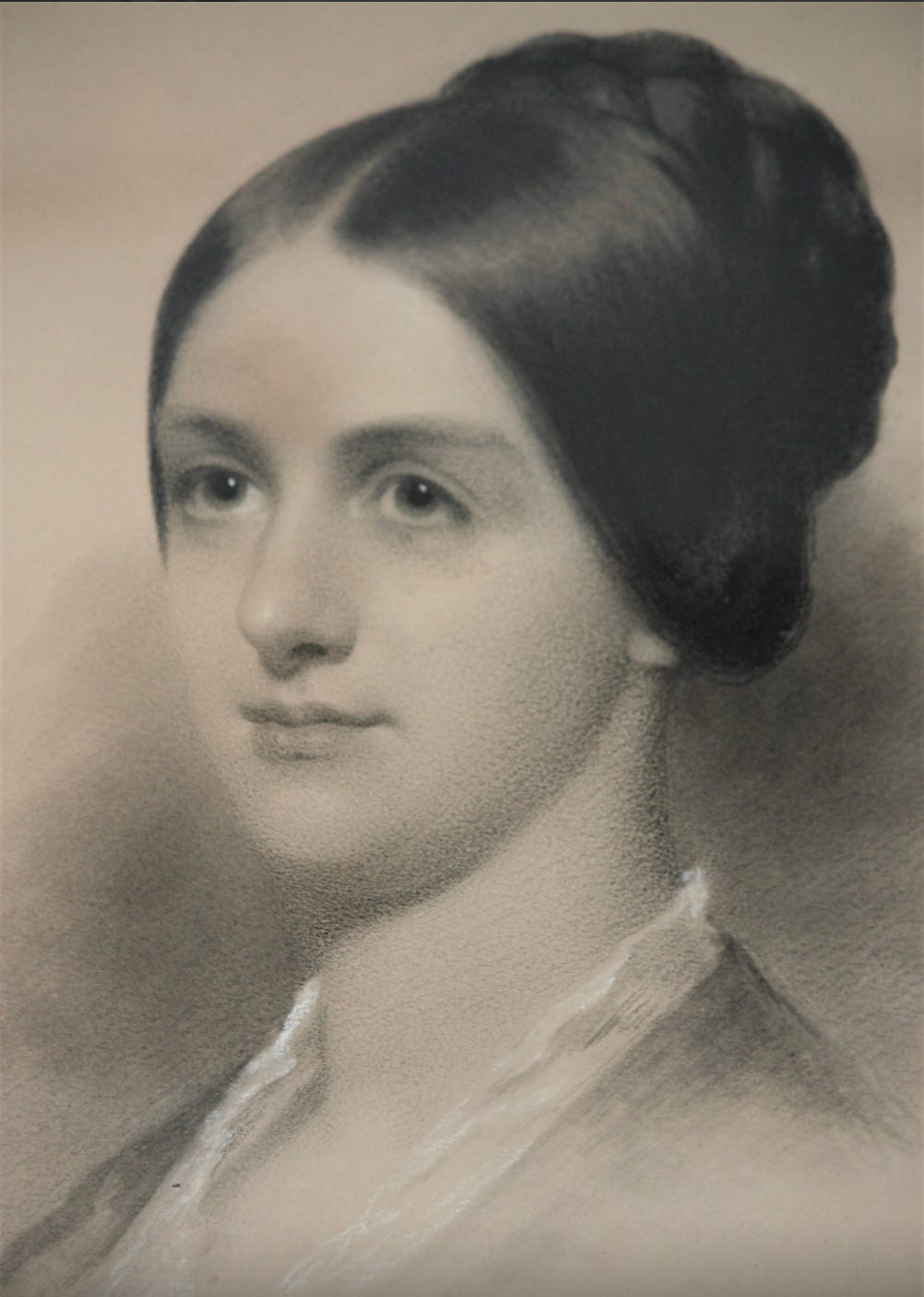Wednesday Links
Dorothy Sayers, pissed; the limits of Transcendentalism; on “bad bad books;” in praise of eating late, the influence of William Blake; and more.

Good morning! Why did the Transcendentalists write only minor poetry? Joseph Bottum explains: “Something in the philosophy (or the pseudo-philosophy, at its gooiest) might fight against the poetic impulse.”
The limits of the novel: “Is there anything the novel can’t do? . . . Why hasn’t anybody written a whodunit set in the Hittite Empire? Why hasn’t somebody novelised Van Eyck’s Arnolfini Wedding? Should I write an 80,000-word novel-version of St. John of the Cross’s Dark Night of the Soul? And indeed, beyond the ‘should I?’ is the deeper question: ‘can I’? Is it even possible? Maybe there are some things fundamentally immiscible with the form of the novel.”
The utility of “bad bad books”: “A category of book that Orwell did not investigate is the ‘bad bad book’ that becomes required reading despite its badness. We read the ‘bad bad books’ not for pleasure, but for the profit of understanding their time, especially if it turns out that they anticipated it, as Beecher Stowe, Orwell, and Houellebecq did. America’s most important ‘bad bad’ novel is William Pierce’s race-war fantasy The Turner Diaries. Pierce, a white nationalist, published it privately in 1978. It sold an estimated 300,000 copies by mail order. A trendy Brooklyn ‘literary novel’ typically shifts 3,000 copies. It goes to show that you can multiply your sales one hundredfold if you give your readers what they want. In Pierce’s case, that meant pouring on the racist violence like Bertie Wooster lashing his crumpets with butter.”
Keep reading with a 7-day free trial
Subscribe to Prufrock to keep reading this post and get 7 days of free access to the full post archives.



